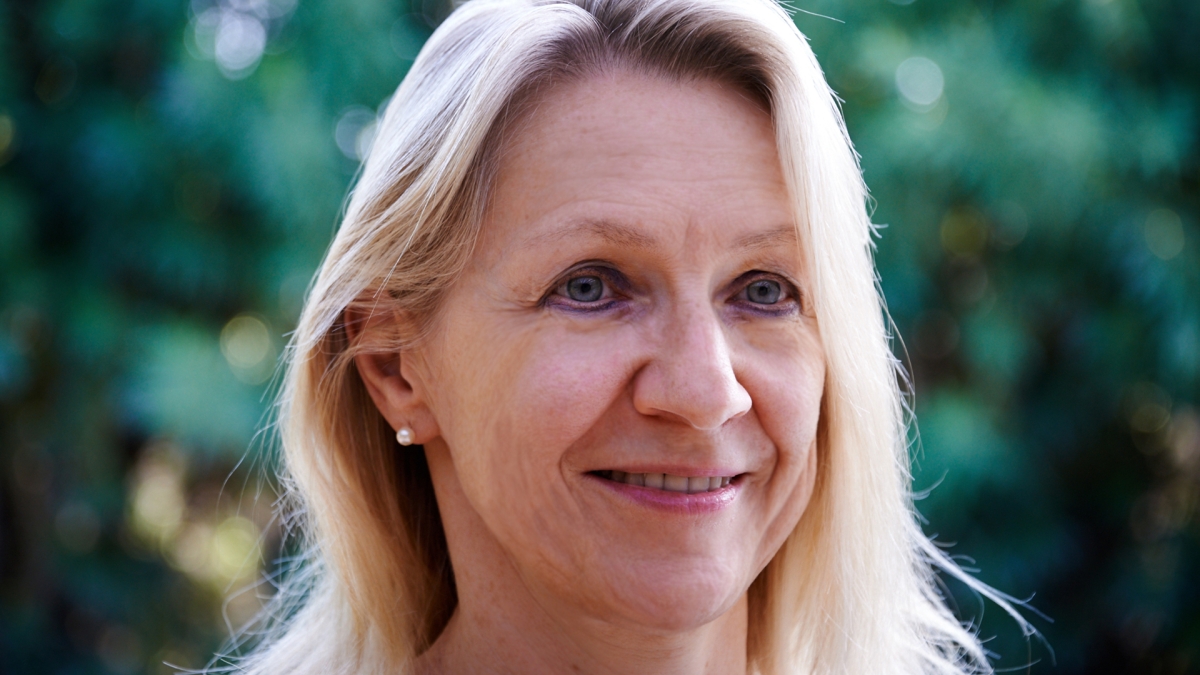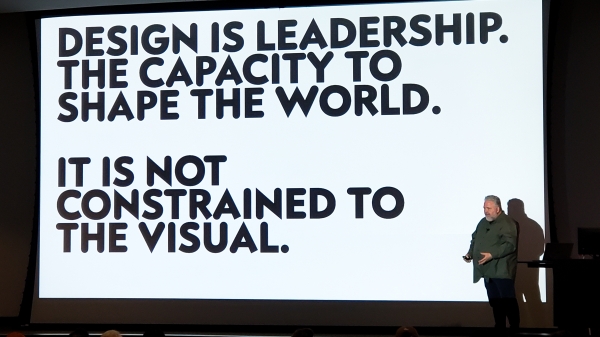Musicology professor’s new book illuminates pioneer of 20th-century music

Arizona State University School of Music Professor Sabine Feisst.
Arizona State University School of Music Professor Sabine Feisst’s latest book is considered a major contribution of new scholarship on the life and music of Arnold Schoenberg, one of the most important and controversial figures in musical modernism and 20th-century music.
“Schoenberg's Correspondence with American Composers” is the first edition of all known and available letters between Schoenberg and over 70 American composers written between 1915 and 1951. The 950-page book reveals how Schoenberg’s music was flourishing in the United States and demonstrates his far-reaching connections to the American music world.
Schoenberg, a composer, music theorist, teacher and painter, often has been referred to as the “Einstein of music.” Born to a Jewish family in Vienna, he lived in Austria and Germany before immigrating to the United States in 1933 and resided here until his death in 1951. Schoenberg was committed to the advancement of American music and composed music inspired by and composed for American musicians.
Feisst’s most recent book is part of a nine-volume set, “Schoenberg in Words” (Oxford University Press), that she is co-editing with music theory Professor Severine Neff (University of North Carolina, Chapel Hill) and features Schoenberg’s theoretical writings and correspondence.
Feisst received a National Endowment for the Humanities research grant to complete her book and worked on the 10-year project while teaching numerous music history classes and publishing two other volumes.
There are currently four published volumes in the set — "Volume 9: Schoenberg’s Correspondence with American Composers" (2018); "Volume 8: Schoenberg’s Early Correspondence" (2016); "Volume 2: Schoenberg’s Models for Beginners in Composition" (2016); "Volume 5: Schoenberg’s Program Notes and Musical Analyses" (2016).
Feisst’s first book, “Schoenberg’s New World: The American Years” (2011), won the prestigious Society for American Music’s Lowens Award for the most outstanding book on American music. Called “a pioneering work of revisionist scholarship,” it is the first full-length study dedicated to Schoenberg's life and music in the United States. Feisst received research grants from both the German and U.S. governments to write the book.
Growing up in Germany, Feisst said Schoenberg was always discussed in high school and college. She was fascinated by him because his compositions were challenging, controversial and provocative. In college, she became intrigued with the history of German culture, the Holocaust and the fate of Jewish artists like Schoenberg and their families.
“I found my research on Schoenberg very educational and enriching,” said Feisst. “Meeting his family, famous conductors of his music and his former students — seeing all his music from different angles. I read through letters to and from Schoenberg to discover all his different voices. There were so many interesting facets of his life that had not been covered in depth that led to my first book.”
Feisst was invited by Suzanne Ryan, the editor in chief of humanities at Oxford University Press, to develop and oversee the publication of the nine-volume set of Schoenberg’s writings in English translation because of his importance to music history and theory. The Schoenberg Center in Vienna has manuscripts of Schoenberg writings, but Feisst said most of them are in German and difficult to read. Her main task on the volumes authored by others is reviewing the English translations, fact-checking the annotations and guiding the overall form and narrative. Feisst said Ryan felt annotated editions of his writings would be a boon for the English-speaking music world, providing greater access to his musical ideas.
“Schoenberg’s career shows how the music can change the politics and how the politics can change the music,” said Feisst. “He was a trailblazer, especially in American music, inspiring many young composers to explore 12-tone music. Schoenberg had a major impact on the development of musical composition, which for over 200 years had built on tonal harmony. He invented new ways to organize pitch both harmonically and melodically. However, he never abandoned tonal composition. While pioneering new sound worlds using the 12-tone or “serial” technique, he wrote pieces with key signatures such as the Suite in G for strings and Theme and Variations for Wind Band in G minor. Schoenberg's compositions extend over a period of more than 50 years and comprise a wide variety of styles and genres.”
Feisst’s classes on exiled composers including Schoenberg, Bartók and Stravinsky show students how politics and history can drastically shape and change musical scenes. Music is not merely the result of the artists’ inner feelings, it is also determined by the place, environment and social milieu in which they create their music, Feisst said.
“In the early 20th century, America was mostly known for its popular music and musical theater,” said Feisst. “Schoenberg’s contributions to American music have inspired American composers to adventure into more modernist and avant-garde musical languages — advancing the idea that this country pushes the boundaries in the arts.”
More: BBC “Music Matters” interview with Sabine Feisst, Jan. 19, 2019
More Arts, humanities and education

Designer behind ASU’s brand named newest Herberger Institute Professor
Bruce Mau, co-founder and CEO of the Chicago-based holistic design consultancy Massive Change Network, has joined Arizona State…

Small presses dealt big blow
A mighty rumble reverberated throughout the publishing industry late last month with the abrupt closure of a well-known book…

'Living dress' wins Eco-Chic sustainable fashion contest
When Elena Marshall is done showing off her award-winning “living dress,” she’ll bury it in her backyard. The dress, a chic…